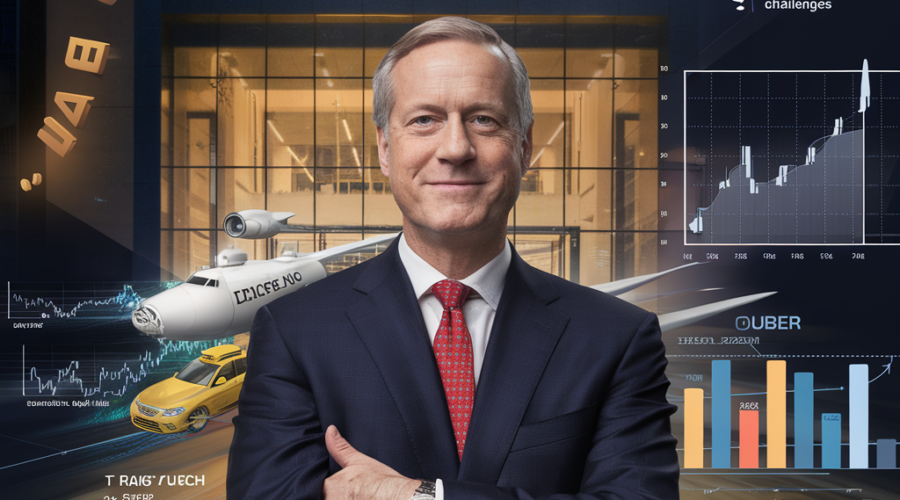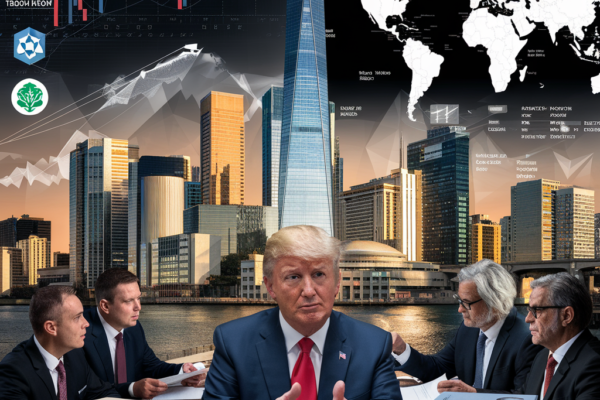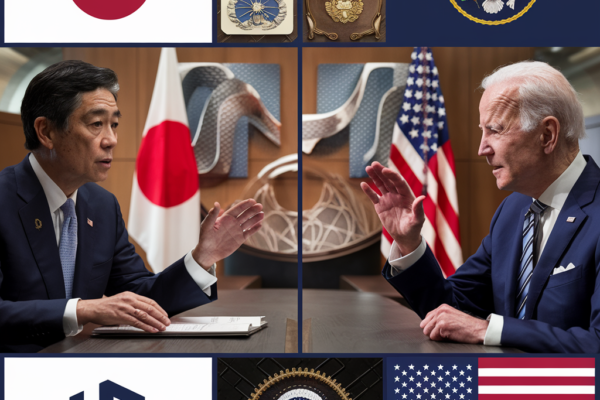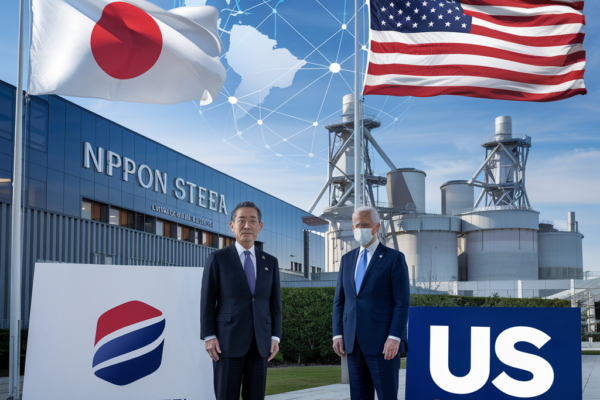- Uber-Expedia Deal Collapse: Barry Diller, Expedia’s Chairman, unequivocally dismissed speculation about a potential acquisition or merger with Uber, stating it’s “not going to happen.”
- Strategic Shift: The absence of this deal signals a strategic shift for both companies, forcing them to explore alternative growth strategies and partnerships in the competitive travel tech market.
- Expedia’s Standalone Value: Analysts at BofA Securities raised their price target for Expedia to $166, reflecting confidence in the company’s standalone value and future prospects.
- Integration Challenges: The travel industry has witnessed several failed partnerships, highlighting the complexities and regulatory hurdles associated with large-scale integrations between major players.
- Market Reaction: While Expedia’s stock price remained relatively stable, the lack of a deal likely alleviated concerns about potential disruptions in the company’s operations.
- Diversification Strategies: Without the Uber partnership, Expedia may focus on enhancing its existing platforms, investing in AI-driven travel solutions, and exploring strategic alliances with other service providers.
- Competitive Landscape: Uber could continue diversifying its services by integrating more travel-related offerings, potentially through acquisitions or partnerships with other travel tech companies.
- Customer Experience: The absence of the deal eliminates the potential for a seamless integration of Uber’s ride-hailing services with Expedia’s travel booking platform, impacting the customer experience.
- Industry Adaptability: As the travel tech industry evolves, it’s crucial for both Expedia and Uber to remain agile and responsive to changing customer demands and market trends.
- Future Outlook: CEOs and industry leaders should stay vigilant about future developments, partnerships, and strategy shifts within the dynamic travel tech sector to navigate its complexities successfully.
Diller Dismisses Uber-Expedia Partnership Rumors: No Deal Imminent





